
Fast-Track Dilemma: Army Struggles, Green Concerns, and Political Backlash
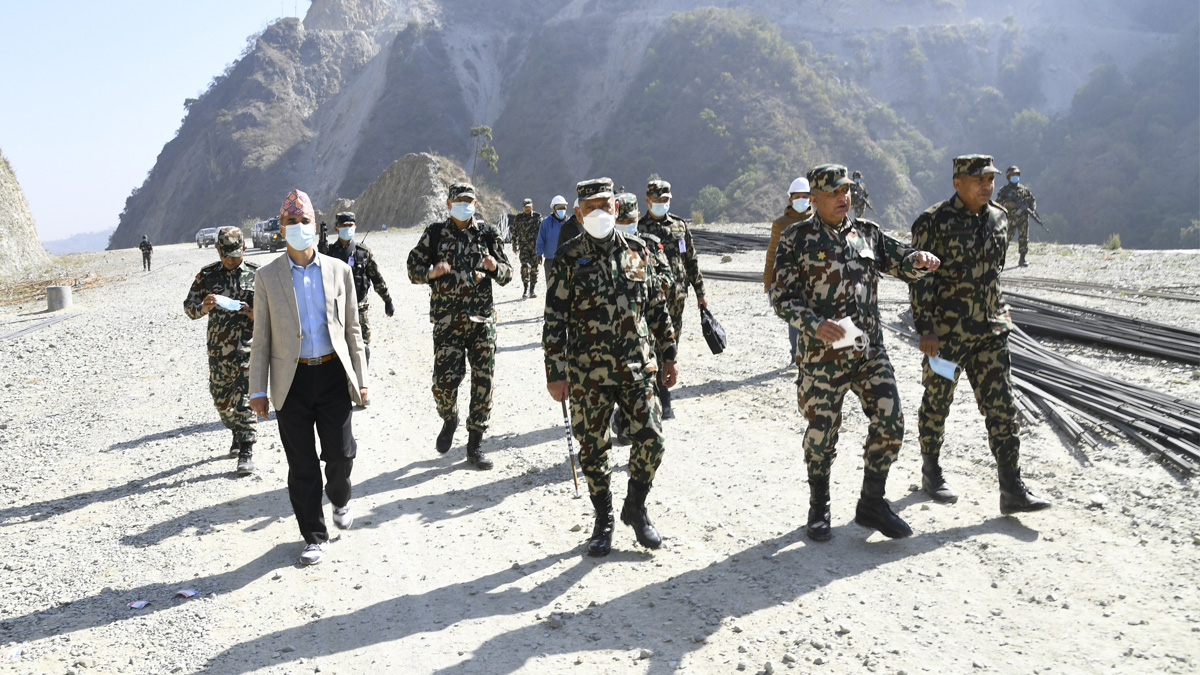
The ambitious Kathmandu Tarai/Madhes Fast-Track Project, entrusted to the Nepali Army in 2017, is grappling with challenges that have cast doubt on its completion by the stipulated deadline of April 2027. Chief of the Army Staff, Prabhu Ram Sharma, recently acknowledged this predicament before parliamentarians, revealing a mere 28.56 percent physical and 29.44 percent financial progress over the past six years. This setback has triggered widespread criticism, raising concerns about the fate of this national pride project.
The Blame Game:
In the face of mounting criticism, the army leadership appears to be deflecting blame onto other state agencies. Chief of the Army Staff Prabhu Ram Sharma contends that meeting the new deadline is contingent on necessary amendments to existing laws. The primary hurdles faced by the army include issues related to tree felling, land acquisition, and the import of explosive materials. However, it is crucial to note that strict environmental laws apply universally and were known to the army before undertaking the project. Critics argue that the army, being aware of these challenges, should not have accepted a project that is arguably beyond its technical capacity.
Environmental Concerns and Professional Image:
The Tarai-Madhes Fast-Track Project has become a battleground for environmental concerns. Critics argue that the army’s involvement in business and infrastructure projects is tarnishing its image as a professional and apolitical institution. Beyond the immediate concerns of project completion, questions are being raised about the compatibility of the army’s role with the intricacies of environmental regulations. The decision to engage the army in such endeavors seems to have sparked unintended consequences, shedding light on the need for a careful evaluation of the army’s role in development projects.
Economic Strain and Funding Challenges:
As the Nepali government faces economic strain, concerns are mounting over the army’s ability to secure the necessary funds for the project. Even if the army manages to expedite the construction, there is a looming fear of a fund crunch. With taxpayers’ money at stake, transparency in expenditures becomes a significant concern. Delay in project completion not only impacts the present but also raises questions about the future, where inquiries into spending transparency may become inevitable. The army’s struggle to efficiently expend allocated funds further complicates an already intricate situation.
Lesson Learned:
The Tarai-Madhes Fast-Track Project serves as a lesson for both the army and political leadership. The army, traditionally tasked with national security, should reconsider involvement in large-scale infrastructure projects, especially when such endeavors exceed its technical capacity. Instead, the focus should shift towards strengthening the institution to address emerging security challenges, particularly those arising from climate-induced disasters. The more the national army engages in controversial projects, the greater the risk of damaging its professional reputation.
Political Implications:
The decision to award the project to the army was rooted in the belief that it could execute development works more efficiently than other state mechanisms. However, the project’s current status raises questions about the validity of this assumption. Politicians, eager to demonstrate progress, should refrain from awarding projects merely to appease the national army. Public scrutiny of the project’s delays and challenges may lead to a political backlash, further eroding public trust in government decision-making.
Parliamentary Responsibility:
Amidst the blame game and environmental concerns, the role of parliamentarians comes under scrutiny. Instead of engaging in publicity stunts, there is a call for legislators to actively work towards resolving the challenges faced by the army in fast-tracking the project. The parliament should play a proactive role in ensuring that necessary amendments to laws are made promptly, and the army is adequately supported in its endeavors.
Conclusion:
The Fast-Track Dilemma facing the Nepali Army is a multifaceted issue involving environmental concerns, funding challenges, and questions about the army’s role in large-scale infrastructure projects. As the project’s fate hangs in the balance, there is an urgent need for a collaborative effort from all stakeholders. The army must reconsider its involvement in projects beyond its core competencies, and politicians should prioritize the long-term interests of the nation over short-term gains. The lessons learned from this experience should serve as a guiding principle for future decision-making, ensuring a more transparent and responsible approach to national development projects.



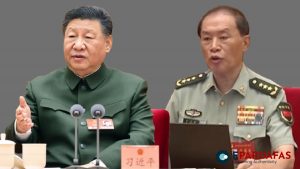
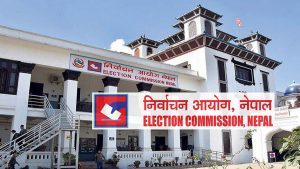
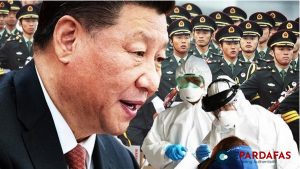





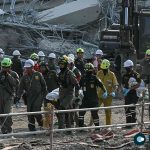
Comments